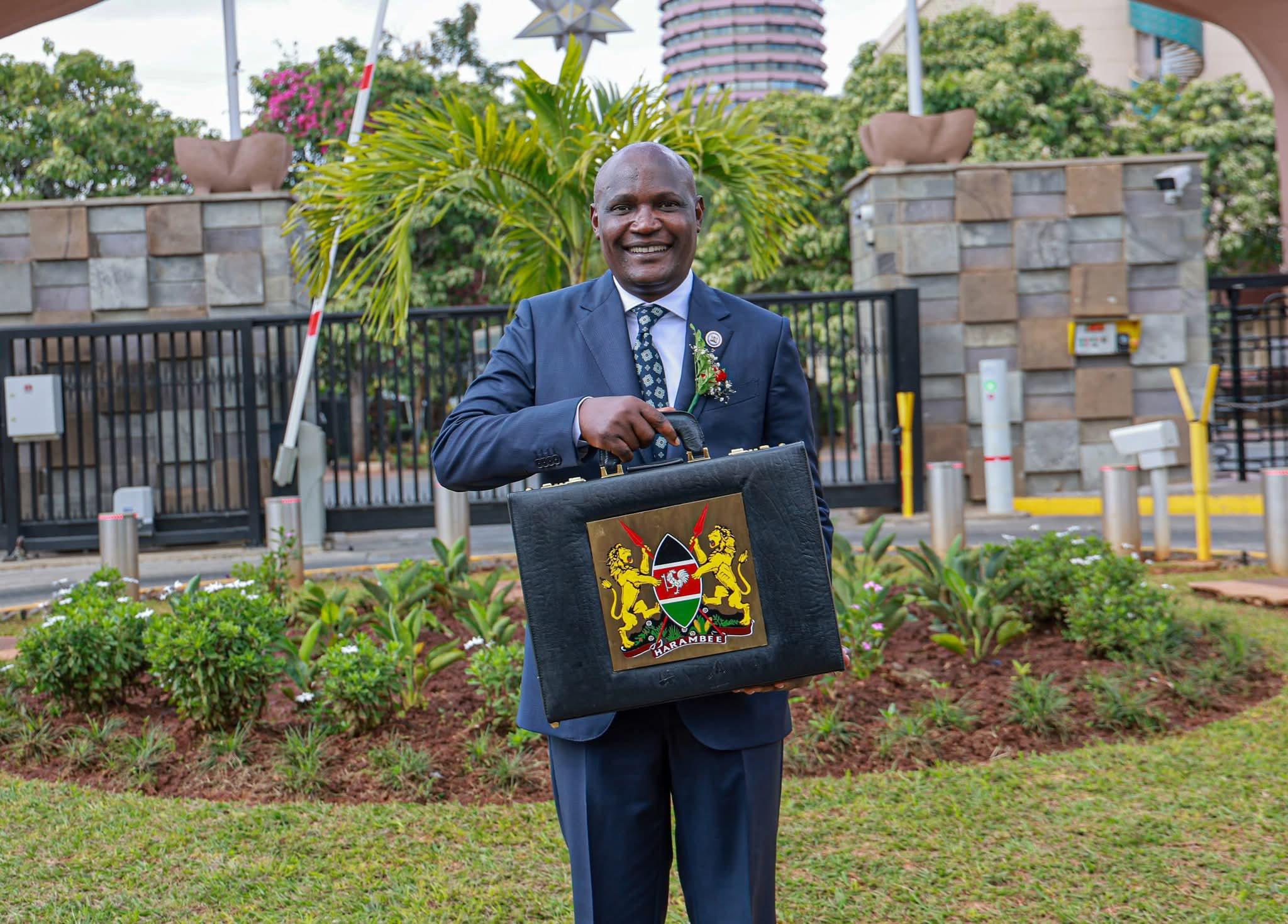
 Cabinet Secretary for Finance, John Mbadi. / JOHN MBADI
Cabinet Secretary for Finance, John Mbadi. / JOHN MBADI
In a bid to expand financial access for low-income households and small businesses, Treasury Cabinet Secretary John Mbadi has proposed an additional allocation of Sh300 million to the Hustler Fund in the 2025/26 budget.
The move is part of the government’s wider strategy to promote financial inclusion and spur economic growth among Micro, Small, and Medium Enterprises (MSMEs), which remain the backbone of Kenya’s informal economy.
“I have proposed Sh300 million to the Financial Inclusion Fund, popularly known as the Hustler Fund, to scale up access to credit for households and MSMEs,” Mbadi said during his budget presentation in Parliament.
The budget also earmarks Sh308 million for the Youth Enterprise Development Fund and Sh550 million for the Centre for Entrepreneurship project, underscoring the government’s commitment to empowering youth and small business owners.
Launched in November 2022 by President William Ruto, the Hustler Fund was designed to provide affordable credit to Kenyans locked out of formal financing due to poor credit ratings. Since its inception, the fund has disbursed over Sh70 billion to borrowers across the country.
Appearing before the Senate in May, Cooperatives and MSMEs Development Cabinet Secretary Wycliffe Oparanya said more than 25 million Kenyans have accessed loans from the Hustler Fund.
He added that the fund provides loans ranging from Sh500 to Sh50,000 at an annual interest rate of 8%, translating to a daily rate of just 0.002%.
“We have introduced a bridging loan of up to Sh150,000 for the two million people who have proven to be good borrowers,” Oparanya told lawmakers.
The Youth Enterprise Development Fund, which has also been a lifeline for many aspiring young entrepreneurs, has helped over one million youth set up or expand their businesses since 2021, according to the fund’s CEO, Benson Muthendi.
Mbadi said the increased budgetary support will help ease the credit gap that continues to challenge many MSMEs across the country.
The funding proposals are seen as part of the Ruto administration’s broader effort to stimulate inclusive economic growth, reduce poverty, and empower citizens at the grassroots level through easier access to affordable credit.













